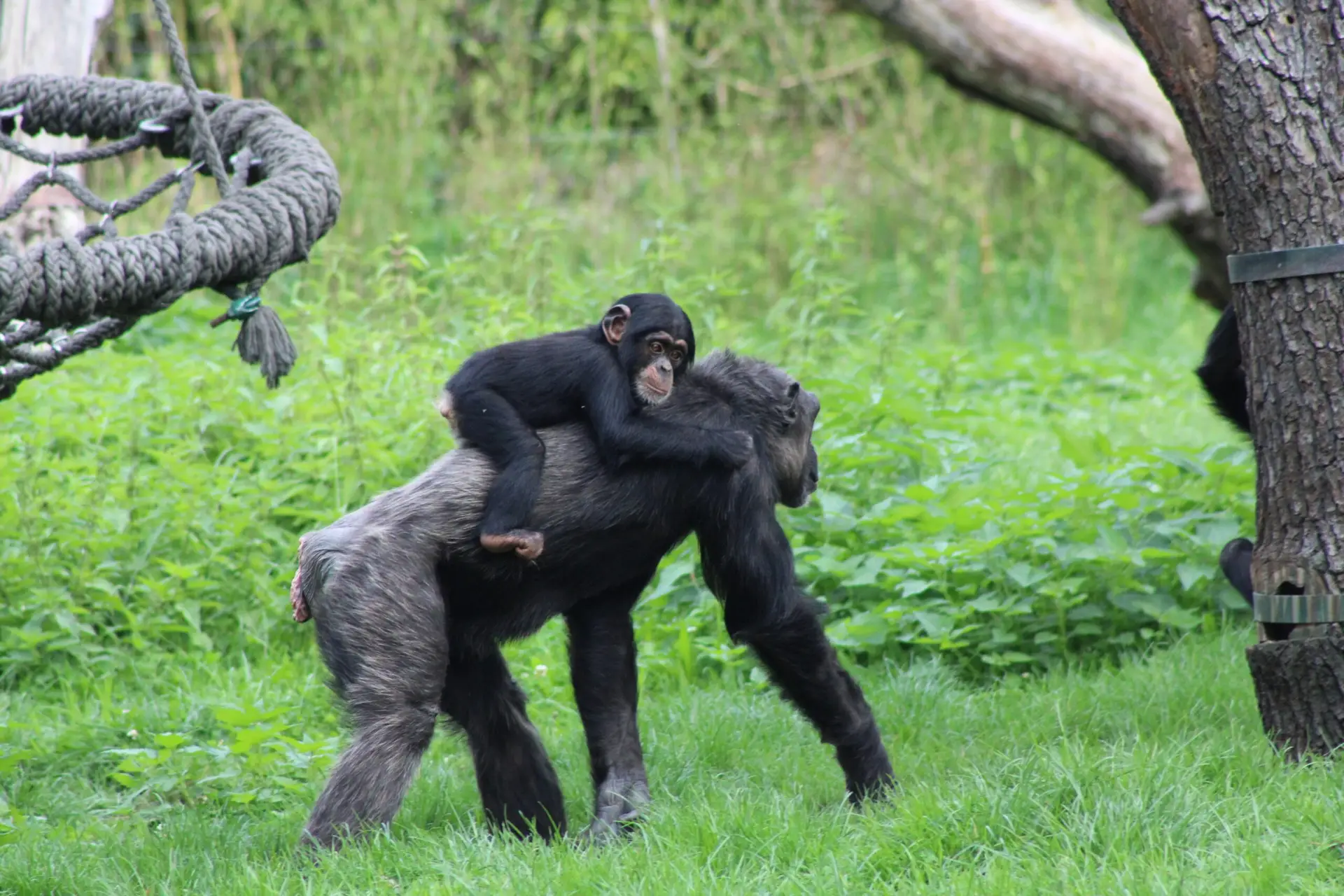A groundbreaking study published in the Proceedings of the National Academy of Sciences has revealed remarkable evidence of bonobo intelligence, specifically their ability to understand and respond to human knowledge states. This research provides compelling insights into the cognitive capabilities of our closest evolutionary relatives.
Bonobo Intelligence Demonstrated Through Novel Experiment
Researchers at Johns Hopkins University devised an innovative experiment to test whether bonobos could recognize when humans lacked certain information and would adjust their communication accordingly. The study, led by Christopher Krupenye and Luke Townrow, focused on three male bonobos at the Ape Cognition and Conservation Initiative.
Experimental Design and Methodology
The experimental setup was elegantly simple. A bonobo would observe as a treat was hidden under one of three cups. Subsequently, a researcher would attempt to locate the treat and share it with the bonobo. However, there was a crucial variable: sometimes the researcher’s view was blocked by a barrier during the hiding process, meaning they had no knowledge of the treat’s location.
“It’s always a challenge for us, that animals don’t speak, so we can’t just ask them what they’re thinking,” explains Krupenye. “We have to come up with creative, experimental designs that allow them to express their knowledge.”
Remarkable Results
The findings were particularly noteworthy. When researchers could see the treat being hidden, the bonobos typically remained passive. Nevertheless, in cases where the researcher’s view was obscured, the apes consistently pointed through the mesh barrier to indicate the correct cup’s location. This behavior demonstrates a sophisticated understanding of others’ mental states.
Furthermore, one participant, Kanzi, aged 43, showed exceptional enthusiasm in his communications. “He would point repeatedly in certain phases of the experiment – he’d tap several times to get our attention and was quite insistent about it,” notes Krupenye.
Implications for Understanding Primate Cognition
This research contributes significantly to the ongoing discussion about theory of mind in non-human primates. The ability to recognize and respond to others’ knowledge states represents a sophisticated cognitive skill previously thought to be uniquely human.
Broader Scientific Context
The study’s implications extend beyond individual behavior. As Catherine Crockford from the Institute of Cognitive Sciences points out, these findings suggest bonobos can simultaneously maintain two different perspectives: their own knowledge and their understanding of others’ knowledge gaps.
Moreover, this research aligns with observations of wild chimpanzees, who demonstrate similar behaviors when warning group members about potential dangers they haven’t noticed, such as snakes. This suggests that such cognitive abilities may have evolved in our common ancestor several million years ago.
Conservation Implications
These findings underscore the importance of protecting these remarkable creatures. Bonobos, native to the Democratic Republic of Congo, face serious threats from habitat loss and hunting. Understanding their sophisticated cognitive abilities strengthens the case for their conservation.
“Bonobos play an important role in helping us understand our place in the natural world,” emphasizes Krupenye, highlighting the significance of preserving these intelligent primates for future research and understanding of cognitive evolution.
Sources: Scientific American, NPR, IFLScience, Proceedings of the National Academy of Sciences USA

